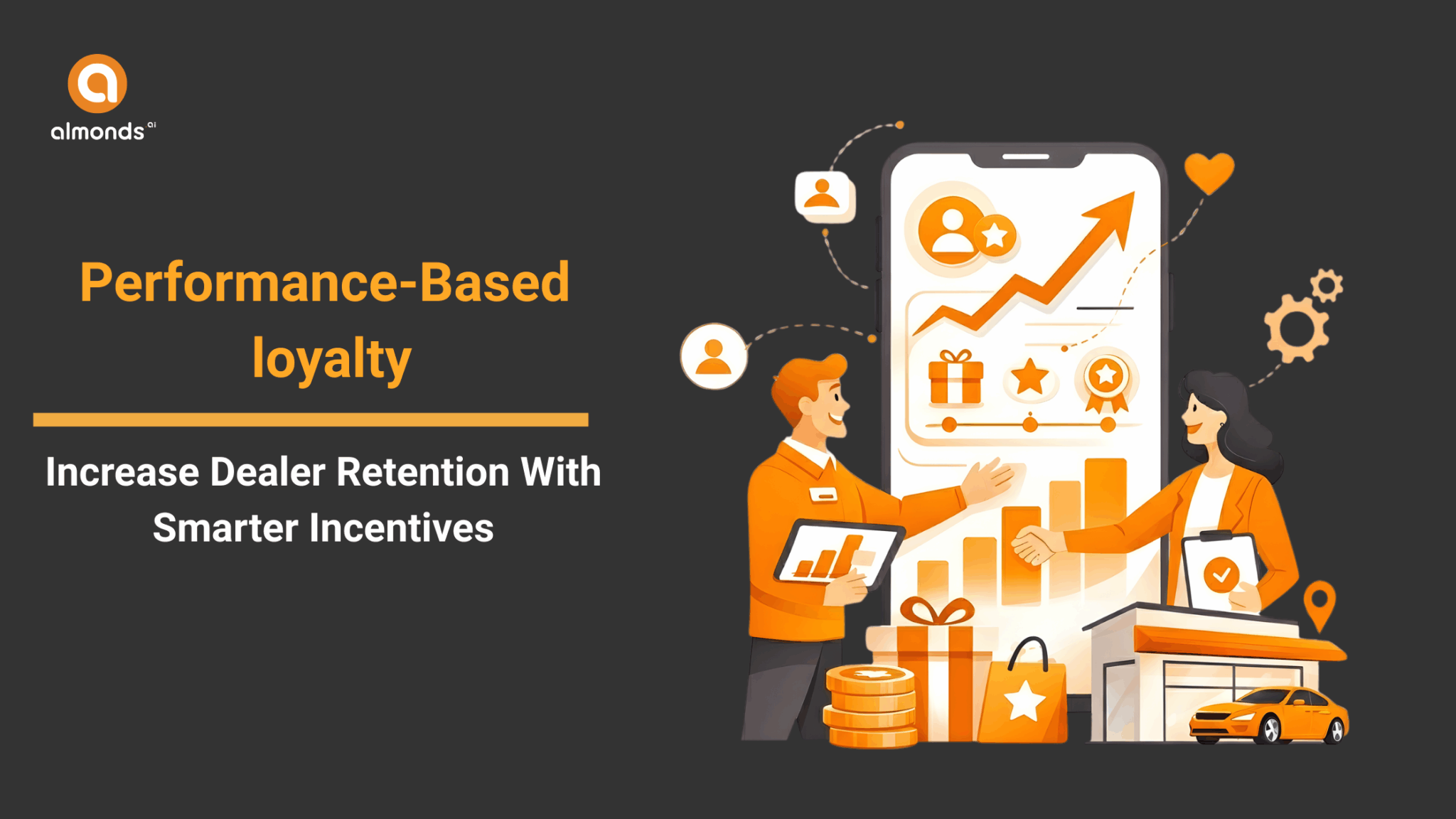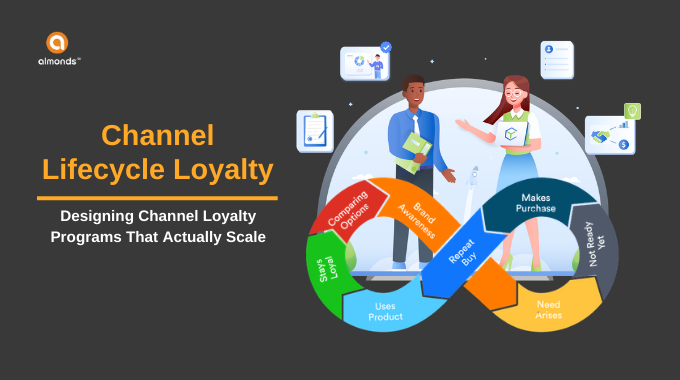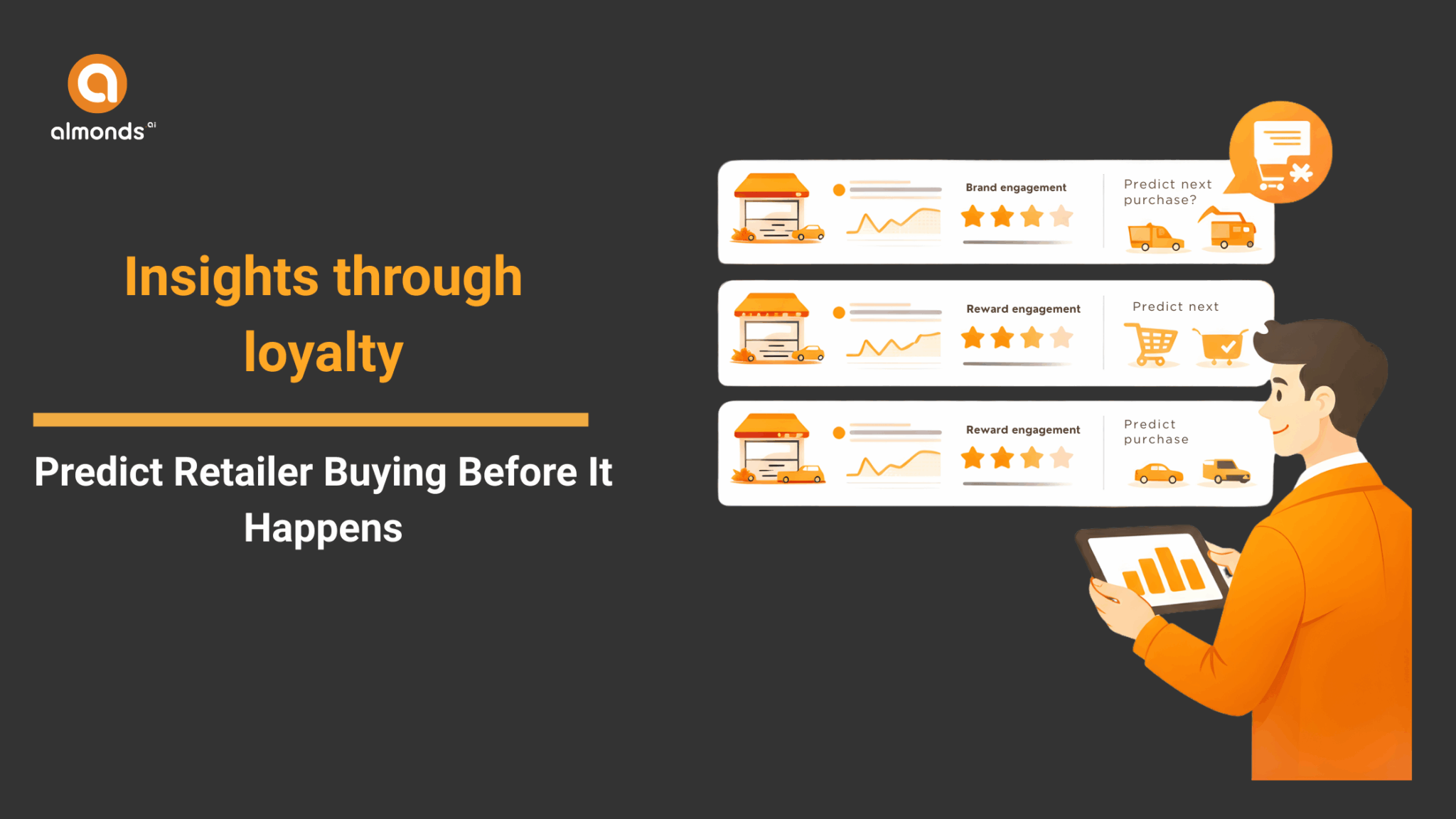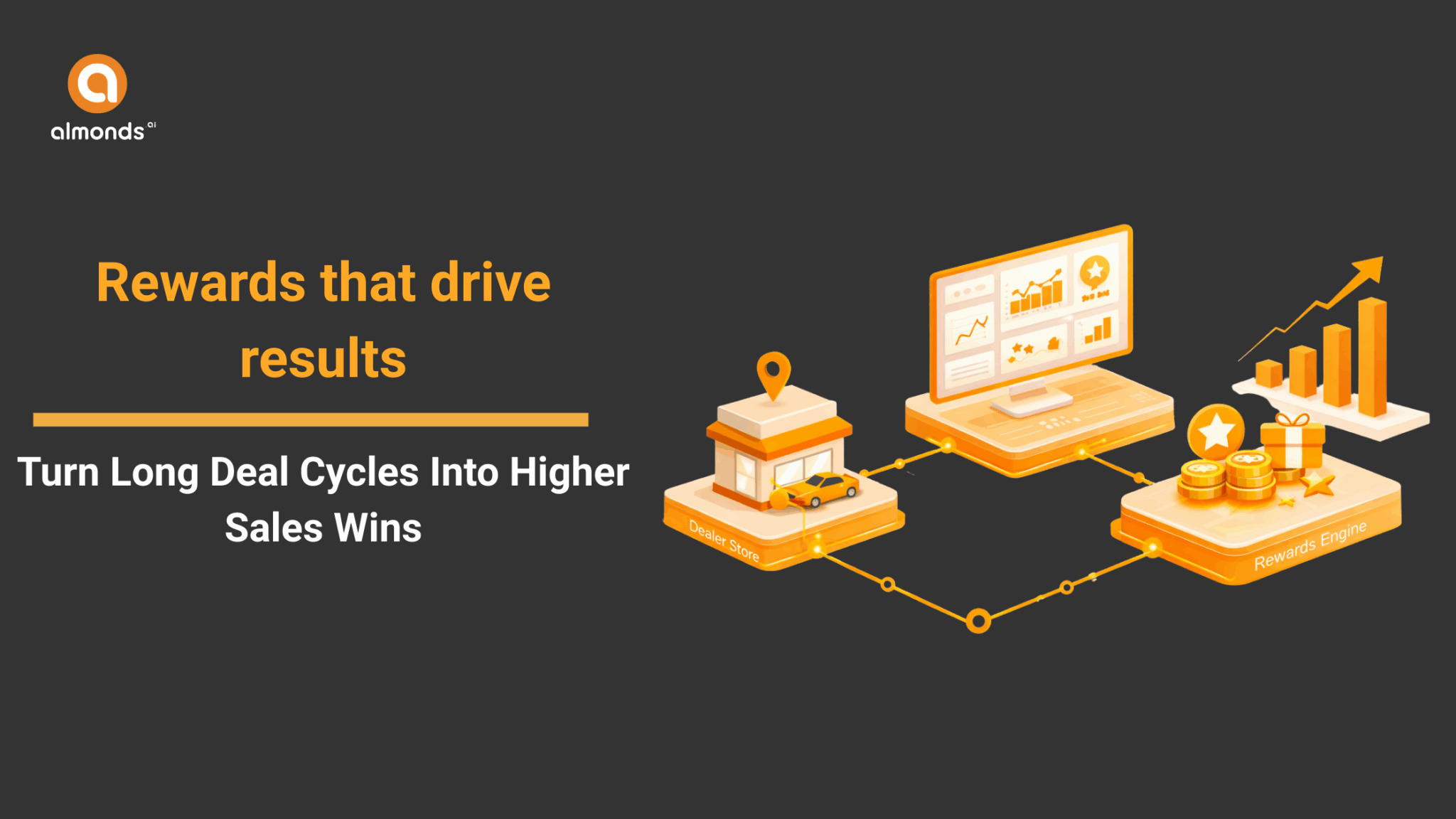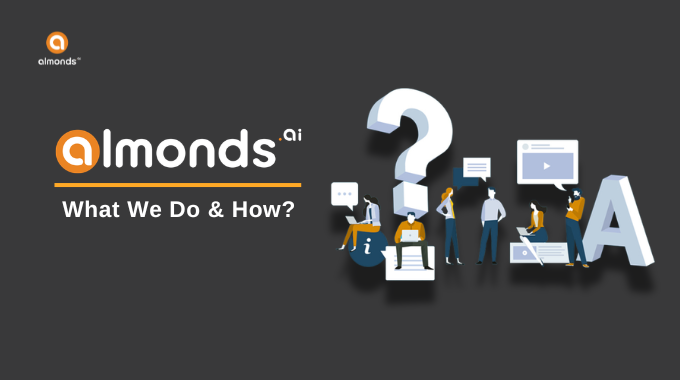Agents are often the unsung heroes behind successful businesses, especially in industries such as insurance, pharmaceuticals, FMCG, and real estate. They serve as the front-line representatives, driving sales, acquiring customers, and building relationships. Despite their significant contribution, agents are frequently overlooked when it comes to motivation and rewards.
Launching an Agents Loyalty Program can bridge this gap. It incentivizes agents, keeps them motivated, and aligns their goals with the company’s objectives. With a well-structured program, businesses can boost agent retention, increase sales, and gain a competitive edge.
A study by Statista found that 76% of distributors prefer working with companies that reward performance. Similarly, Forbes highlights that businesses with loyalty programs retain 82% of their top-performing agents. These stats underline the importance of creating loyalty programs that target agents and distributors directly.
What is an Agents Loyalty Program?
An Agents Loyalty Program is a structured initiative designed to reward agents for their performance, engagement, and achievements. These programs aim to motivate agents, improve their productivity, and create a strong bond between them and the brand.
The key components of an agents loyalty program include:
- Point-based Rewards: Agents earn points for achieving specific goals, which they can redeem for rewards.
- Tiered Recognition: High-performing agents gain access to premium rewards and benefits.
- Gamification: Leaderboards, badges, and milestone rewards create a fun and competitive environment.
- Custom Rewards: Rewards are tailored to the preferences of agents, increasing their satisfaction and loyalty.
The Case for Launching an Agents Loyalty Program
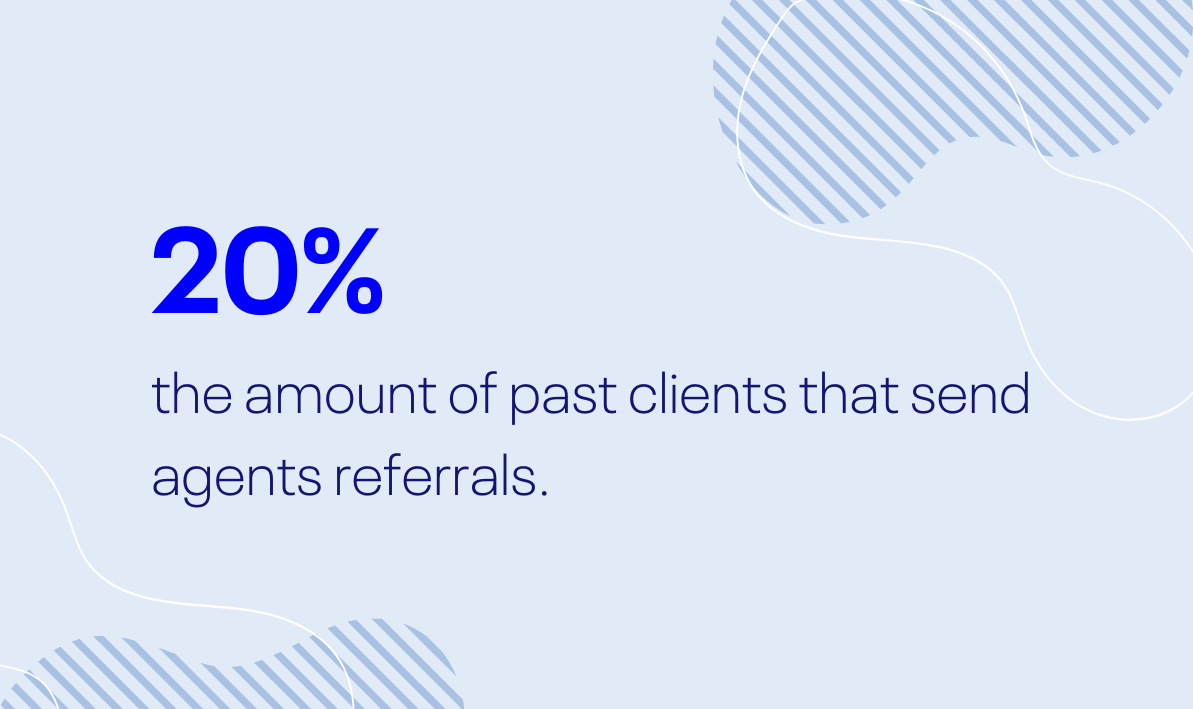
-
Enhanced Motivation
Agents are more productive when their efforts are recognized. According to Entrepreneur, 69% of employees work harder when they feel appreciated. Loyalty programs act as a consistent motivator by rewarding agents for their performance. This creates a win-win scenario where both the agents and the company benefit.
-
Better Retention Rates
Agent turnover is a costly challenge for businesses. HBR estimates that replacing an agent costs 50% of their annual compensation. Retaining agents through loyalty programs reduces churn and the associated costs. For example, LIC of India launched an agent-focused rewards program that improved agent retention by 30% in two years.
-
Increased Sales Performance
Offering tangible rewards for meeting sales targets encourages agents to prioritize your brand. Samsung launched a loyalty program for its distributors, where agents earned points for achieving sales milestones. This initiative led to an 18% increase in revenue within a year.
-
Building Long-Term Brand Loyalty
Agents who feel valued and rewarded are more likely to advocate for your brand. A study by HubSpot found that 70% of agents feel more connected to companies that offer structured rewards. Loyalty programs ensure that your agents remain loyal not just to the incentives but to the brand itself.
-
Competitive Advantage
In competitive markets, businesses with loyalty programs stand out. Agents prioritize companies that recognize and reward their efforts over those that don’t. For example, Coca-Cola implemented a loyalty program targeting distributors in rural areas. The program incentivized agents to promote specific SKUs, resulting in a 25% increase in product sales.
-
Cost Efficiency
Retaining agents through loyalty programs is more cost-effective than hiring and training new ones. According to Forbes, companies with structured loyalty programs save up to 20% on recruitment costs annually. This translates to both direct and indirect savings for businesses.
How an Agents Loyalty Program Works

An agents loyalty program typically operates on the following principles:
- Goal Setting: Define specific targets such as sales volume, client acquisitions, or product promotions.
- Reward Mechanism: Agents earn points or rewards for achieving these targets.
- Tiered System: Implement levels of rewards to encourage continuous performance improvement.
- Tracking and Reporting: Use a B2B Loyalty Platform to track performance in real time.
- Redeemable Rewards: Offer agents a variety of options to redeem their points, such as cash rewards, vouchers, or exclusive experiences.
A well-implemented loyalty program ensures transparency and simplifies the reward process for both businesses and agents.
Using a B2B Loyalty Platform to Power Your Program
A B2B Loyalty Platform simplifies the creation and management of loyalty programs, offering features like:
- Customizable Rewards: Tailor rewards to suit your agents’ preferences, increasing engagement.
- Real-Time Tracking: Monitor agent performance and reward milestones in real time.
- Gamification Tools: Incorporate elements like leaderboards and badges to foster healthy competition.
- Automation: Streamline the reward distribution process and reduce administrative overhead.
- Analytics: Use data insights to refine the program and optimize engagement.
For instance, Star Health Insurance used a B2B Loyalty Platform to launch a points-based system that rewarded agents for renewing policies and acquiring new clients. The program boosted client retention rates by 22% and improved agent satisfaction significantly

Examples Across Industries
Insurance
LIC of India introduced a loyalty program to incentivize agents for selling life insurance policies. Rewards ranged from cash bonuses to exclusive benefits for top performers, resulting in a 30% improvement in agent retention.
FMCG
Coca-Cola launched a loyalty program that rewarded agents for promoting new SKUs in under-penetrated markets. The initiative increased product visibility and sales by 25% in rural regions.
Pharmaceuticals
Sun Pharma implemented a tier-based loyalty program for medical representatives. The program encouraged representatives to hit monthly sales targets, leading to a 19% increase in prescriptions for key drugs.
Electronics
Samsung rewarded distributors for achieving sales milestones through its loyalty program. Gamification tools like leaderboards added excitement, driving an 18% growth in sales.
Statistics Supporting Agents Loyalty Programs
- Statista: 76% of distributors prefer working with companies that offer rewards for performance.
- HBR: Retaining agents costs 50% less than replacing them, highlighting the value of loyalty programs.
- Forbes: Businesses with loyalty programs retain 82% of their top-performing agents.
- HubSpot: 70% of agents feel more loyal to companies that recognize their efforts.
- Entrepreneur: 69% of agents are more motivated when their work is rewarded.
Best Practices for Launching an Agents Loyalty Program
- Define Clear Objectives: Focus on specific goals like increased sales, improved engagement, or reduced churn.
- Leverage a B2B Loyalty Platform: Use technology to automate, track, and analyze your program for optimal results.
- Offer Personalized Rewards: Tailor rewards to align with agent preferences to boost satisfaction.
- Incorporate Gamification: Add elements like leaderboards, badges, and challenges to make the program engaging.
- Communicate Effectively: Regularly update agents on their progress and the rewards they can earn.
The Future of Agents Loyalty Programs
In today’s competitive landscape, launching an Agents Loyalty Program is not just a strategy—it’s a necessity. With the right framework, these programs can deliver measurable results by increasing agent satisfaction, improving sales performance, and building long-term loyalty.
By using a B2B Loyalty Platform, businesses can streamline the entire process, from setting goals to distributing rewards. Whether you operate in insurance, FMCG, or any other agent-driven industry, an effective loyalty program can be a powerful tool for growth.
Invest in your agents today, and you’ll see the benefits ripple across your entire organization. Start now, and transform your agents into loyal advocates who consistently drive success for your brand.


